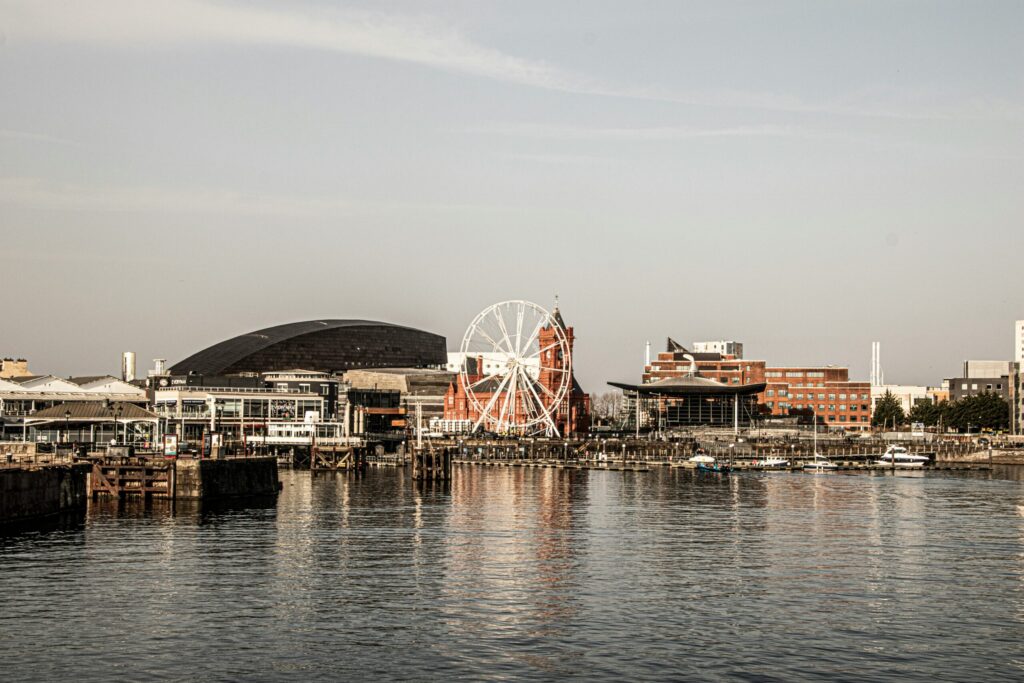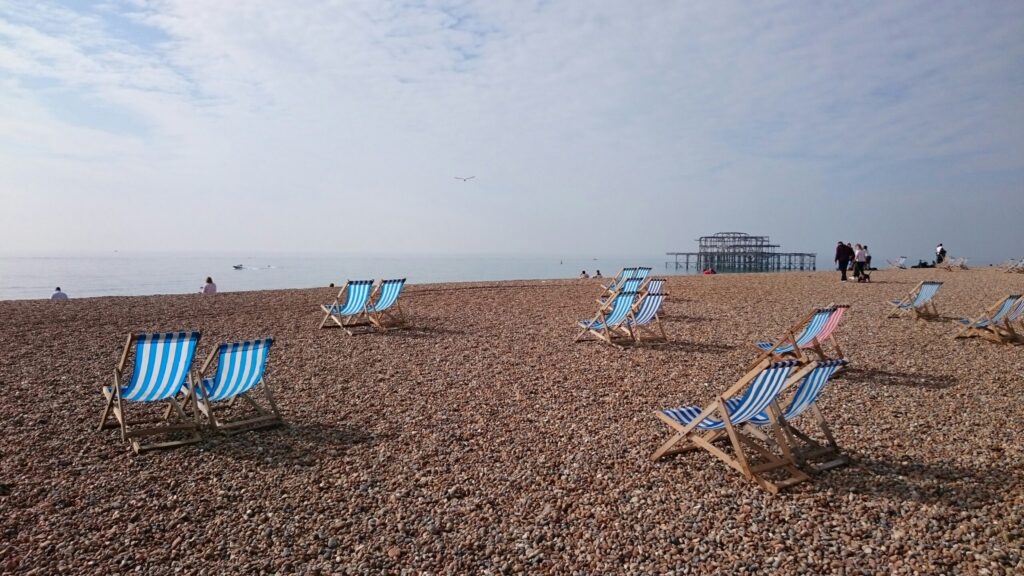
Are House Prices Falling in Brighton?
Estimated reading time 5 minutes
Brighton, often dubbed “London-by-the-Sea,” has long been a magnet for homeowners and investors seeking a slice of coastal living. Its vibrant culture, excellent transport links and unique mix of Victorian terraces and modern flats make it a perennial favorite.
But the property market here, much like the city itself, is never static. If you’re wondering whether house prices in Brighton are falling, let’s dive into the facts.
What’s the Brighton property market doing right now?
As of September 2024, the average house price in Brighton and Hove sits at £427,000, a slight dip from the previous year, where it was £430,000. This 0.8% decrease may not seem dramatic, but it marks a continuation of a cooling trend seen across the region.
Flats, which make up a significant portion of Brighton’s housing stock, have seen stable prices over the past year, averaging around £335,000. Detached homes, on the other hand, have felt the pinch more acutely, with a 3.1% decrease, bringing their average to £798,000.
Across the South East, average property prices rose by 1.8% during the same period, indicating that Brighton’s market has underperformed compared to the region. Nationally, house prices increased by 2.7%, with the UK average sitting at £294,000. This positions Brighton as a high-value market but one that’s currently experiencing some stagnation.
What’s causing the Brighton property market to slow down?
Several factors are contributing to the recent cooling in Brighton’s property market:
Affordability pressures are a big factor here. Brighton’s house price-to-earnings ratio is one of the highest in the UK at 12.4, compared to the national average of 8.14. This means that middle-income earners would need over 12 years of gross annual salaries to afford a medium-priced property in the city, making affordability a key barrier for many buyers.
We also can’t ignore what’s been happening to interest rates. The “higher for longer” interest rate environment has put significant strain on buyers relying on mortgages, particularly for higher-value detached properties.
Then there’s the artificial inflation factor. As with many coastal cities, Brighton experienced a surge in demand during the “race for space” of the Covid pandemic. This inflation was always going to be temporary, and now it’s unwinding, with over 63% of properties in Brighton losing value in 2023, according to Zoopla.
Are price changes varied depending on property type or size?
Yes — different property types are experiencing varied market dynamics. Let’s break it down by looking at sold prices in June 2024, according to the Land Registry.
Flats and maisonettes
Averaging £335,000, flats have shown remarkable price stability, even seeing a modest 0.2% monthly rise in recent months. They remain the most affordable entry point into Brighton’s housing market.
Terraced houses
Fetching on average £477,000, terraced homes have seen minor fluctuations, with prices declining by 0.1% over the past year.
Semi-detached homes
Semi-detached dwellings sold for an average of £529,000, which is a 3.4% annual decrease, reflecting buyers’ caution in a tightening financial climate.
Detached properties
With an average price of £798,000, these homes have borne the brunt of the market’s correction, with a significant annual drop of 3.1%.
What about the Brighton rental market?
Brighton’s rental market tells a different story.
As of October 2024, the average monthly rent in Brighton and Hove reached £1,757, a 4.9% annual increase. Flats command an average rent of £1,333, while larger properties such as semi-detached homes fetch up to £1,973.
What’s going on here? One influence is the ongoing demand from students, young professionals and commuters who have been priced out of London, and mortgage rate hikes are another factor.
Is now the right time to buy or sell in Brighton?
Should I buy right now in Brighton?
The cooling market means buyers have the upper hand, and it’s a chance for them to negotiate more favorable deals with sellers.
Flats and smaller homes, in particular, offer value for first-time buyers or investors looking to capitalise on Brighton’s robust rental market. However, affordability in Brighton remains a concern, so buyers should do their homework and seek expert advice.
Should I sell now in Brighton?
If you’re planning to sell a property in Brighton, the current market poses challenges but also opportunities.
Achieving record-breaking prices may be difficult, but there’s still a steady demand for well-priced, well-maintained properties — particularly flats and terraced homes.
On the other hand, sellers of detached properties may need to adjust expectations or consider upgrades to attract buyers.
Brighton’s market might be slow, but your sale doesn’t have to be
Brighton’s market is currently on a slower track and Brighton house prices have dipped recently. What’s more, experts predict ongoing economic shifts may keep things unpredictable in the coming months. This means selling a Brighton property could present a larger-than-normal challenge.
Rather than waiting for market conditions to improve, why not take control of your sale today?
If you’re ready to sidestep the uncertainty and secure a quick, hassle-free sale, we’re here to make it happen for you. At Sell House Fast, we offer fast, fair cash offers that let you bypass the waiting game. Our streamlined process is designed to take the stress out of selling, putting you in control of your timeline.
Get started now — contact us for your free cash offer and discover just how simple selling your property in Brighton can be.


